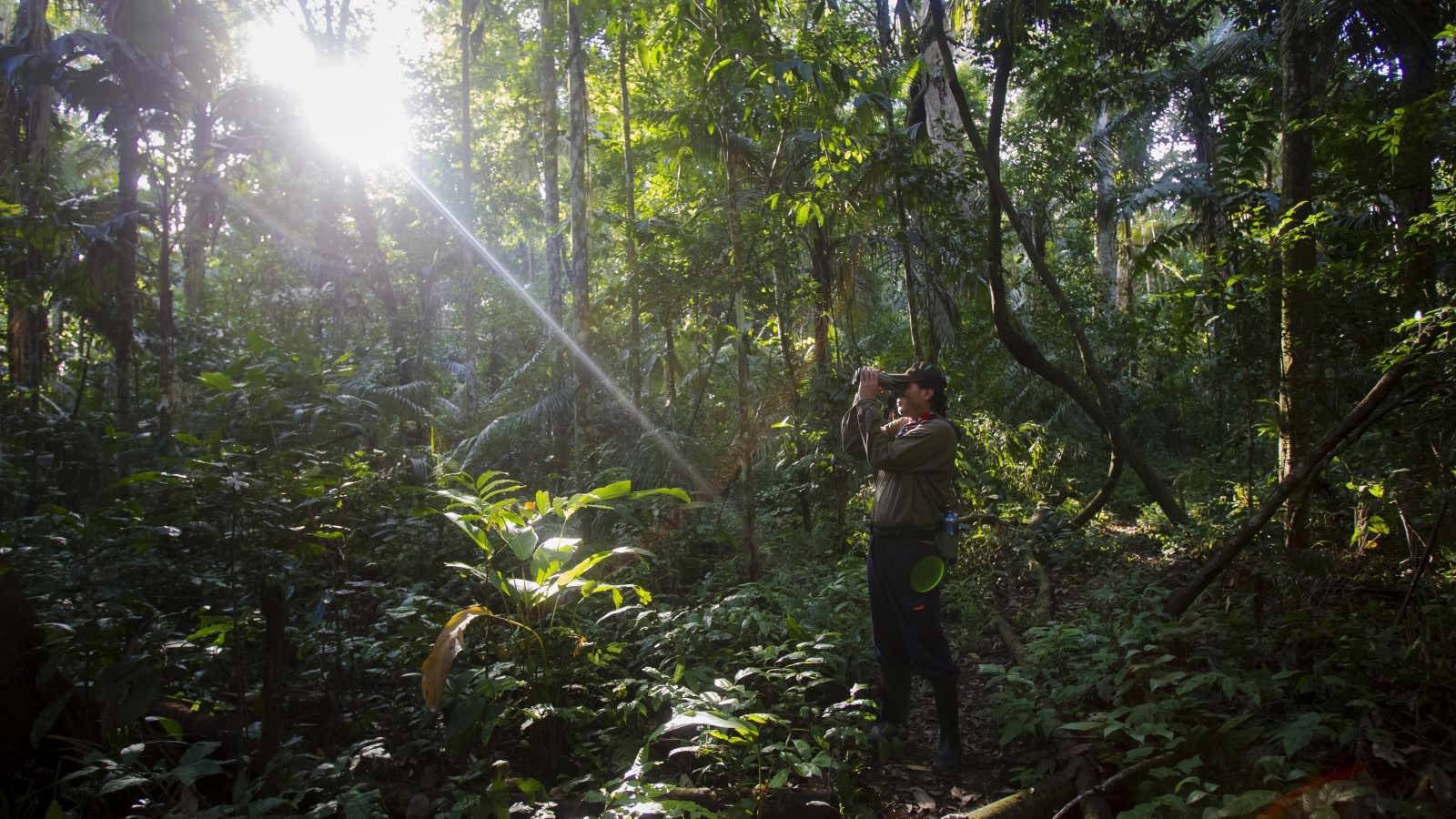The need for action against climate change is arguably the biggest collective challenge the world has ever faced. Progress has been slow precisely because it is collective.
Negotiations on how to reduce emissions in order to avert a climate catastrophe start next week in Paris at a conference called COP21. An agreement will require cooperation from every nation, rich and poor. Negotiators know one concept will be fundamental to the talks’ success or failure.
In COP-speak, that concept is “differentiation.” But we all call it fairness.
Developed countries have benefitted from emitting unlimited carbon until quite recently, reaping the economic rewards. Now, countries like India want to lift millions out of poverty. Why shouldn’t they be allowed to emit as much as their predecessors on the path to prosperity?
India is a good example because the size of its population (1.2 billion), coupled with the rate at which it wants its economy to grow (8.6% annually to 2030), would lead to a massive rise in emissions even as it reduces emissions per unit GDP (as it is currently proposing).
India thinks this is fair. But others want it to significantly change the way it goes about reaching its goals (for example, by burning less coal). How will they agree on anything in Paris?
Behavioral research shows that desire for fairness is deeply held. Sarah Brosnan and her team at Georgia State University have spent years studying this in both animals and humans. In one brilliantly illustrated 2003 study, a video shows capuchin monkeys rejecting cucumber slices when they see a neighbor fed more delicious grapes—despite being perfectly happy to eat cucumber before.
Accepting that a resource is scarce (grapes, carbon) is much more difficult when you see others benefitting disproportionately from it.
Now, however, humans find themselves faced with the problem of distributing scarce resources on a massive scale. By 2030, we’ll be able to collectively emit 36,000 million tonnes of CO2 equivalent (pdf, p.7) without tipping temperatures up by more than 2°C, a crucial threshold. Without mitigation, we’re on course for global temperatures to rise by almost twice that much.
But there is hope. Research from the same group that conducted the monkey experiments shows that adult humans are uniquely able to separate their own desires from the collective good.
The researchers set up an experiment in which subjects were offered rewards that they could either share with others or keep for themselves. They tested capuchin monkeys, chimpanzees, human children at the ages of four and seven, and human adults. They found that only adult humans displayed behavior likely to benefit others without benefitting themselves.
The research suggests that while a desire for perceived fairness is fundamental, humans uniquely grasp the longer-term societal benefits, and can therefore forego things that make them not personally happy, but collectively so.
Of course, who we consider to be members of our group also comes into play. In the Paris talks, there will pressure for negotiators to fight their country’s corner. Seeing one’s social group as the rest of humanity, rather than just near neighbors, is a fundamental challenge that we still need to solve.




